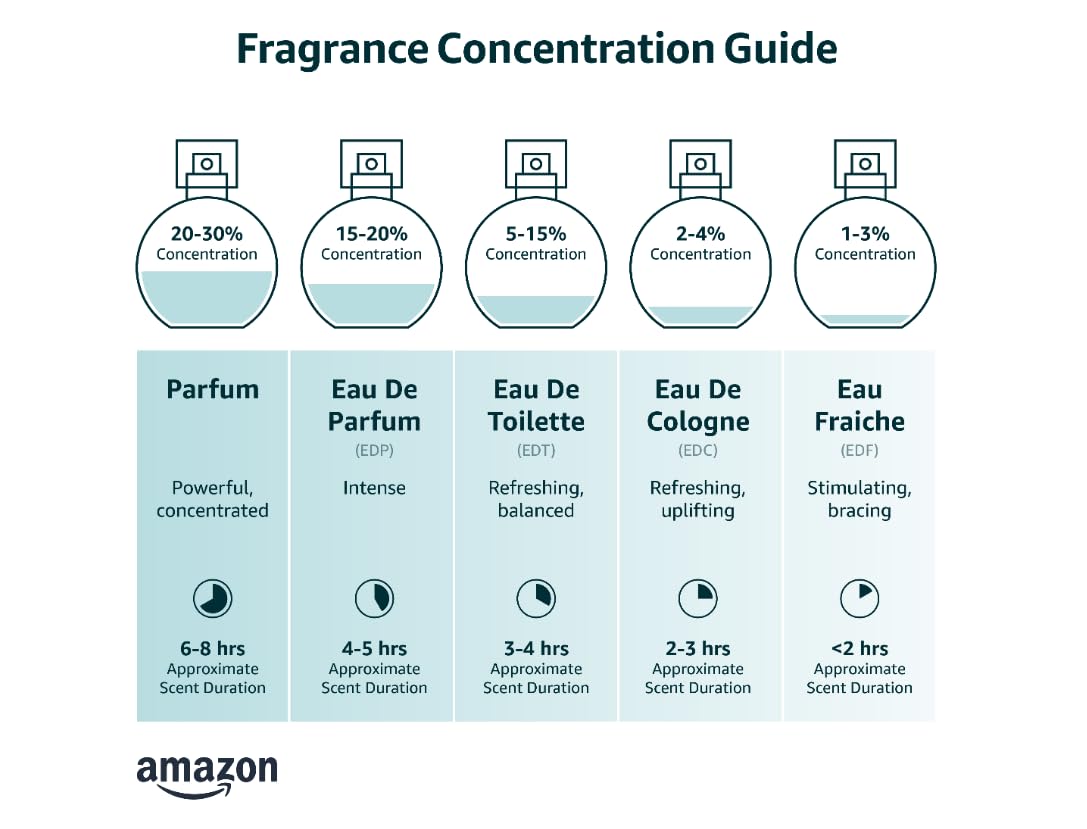






Billie Eilish Women's Eau de Parfum Spray
Category: billish eilish perfume

The rapid development of artificial intelligence (AI) has led to significant advancements in various industries, transforming how we interact with technology and solve complex problems. AI-powered systems have demonstrated remarkable capabilities in areas such as natural language processing, computer vision, and decision-making, opening up new possibilities for enhanced efficiency, accuracy, and personalization.
One of the most notable applications of AI is in the field of healthcare. AI algorithms can analyze vast amounts of medical data, including patient records, diagnostic images, and clinical research, to assist healthcare professionals in making more informed decisions. This can lead to earlier disease detection, more effective treatment plans, and improved patient outcomes. AI-powered virtual assistants can also provide personalized health recommendations and support, empowering individuals to take a more active role in managing their well-being.
Another sector that has greatly benefited from AI is the financial industry. AI-based systems can automate various financial tasks, such as fraud detection, portfolio optimization, and stock trading, leading to increased efficiency, reduced errors, and improved risk management. By analyzing huge datasets and recognizing patterns, AI algorithms can identify potential fraud attempts, enabling financial institutions to respond quickly and protect their customers' assets.
In the realm of transportation, AI-powered autonomous vehicles and intelligent traffic management systems are transforming the way we move. Self-driving cars, equipped with advanced sensor technology and AI-driven decision-making algorithms, promise to enhance road safety, reduce traffic congestion, and provide more accessible mobility options for underserved communities. Additionally, AI-powered logistics and supply chain management systems can optimize route planning, inventory management, and delivery processes, resulting in increased efficiency and cost savings.
The impact of AI is also evident in the entertainment and media industries. AI-powered content recommendation systems can analyze user preferences and behavior to suggest personalized content, enhancing the user experience and increasing engagement. Similarly, AI-generated artwork, music, and even script writing have demonstrated the potential to augment and complement human creativity, opening up new avenues for artistic expression and storytelling.
As AI continues to evolve, it is crucial to address the ethical and societal implications of its widespread adoption. Concerns such as bias, privacy, and the potential displacement of human jobs require thoughtful consideration and the development of robust governance frameworks. Collaboration between policymakers, industry leaders, and AI experts is essential to ensure the responsible and equitable deployment of AI technologies for the benefit of all.
In conclusion, the transformative power of artificial intelligence is shaping the future across diverse industries, unlocking new possibilities and redefining how we approach complex challenges. As we continue to harness the potential of AI, it is imperative that we do so in a way that prioritizes ethical, transparent, and inclusive practices, ultimately paving the way for a more technologically advanced and sustainable world.
product information:
| Attribute | Value |
|---|















